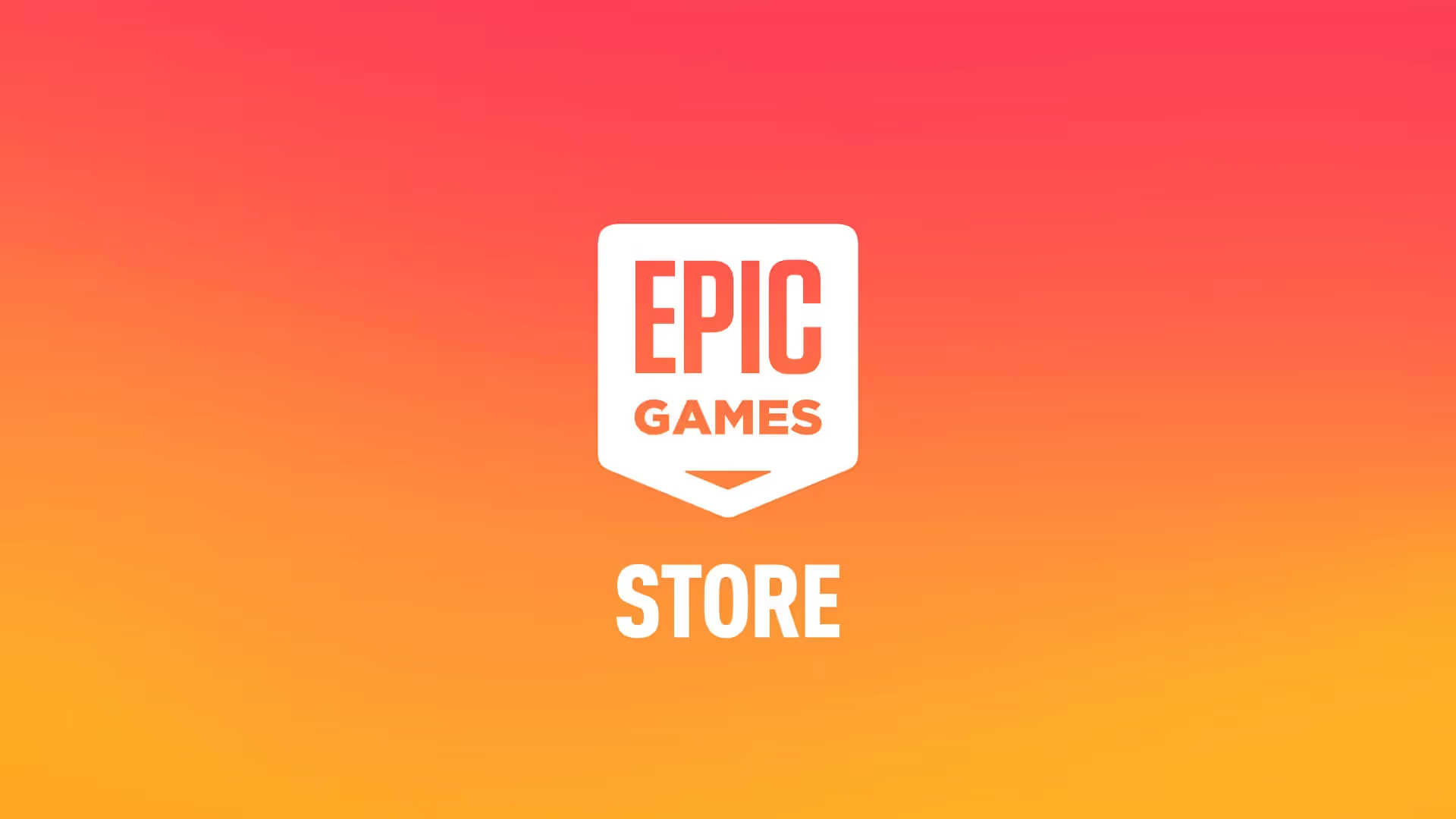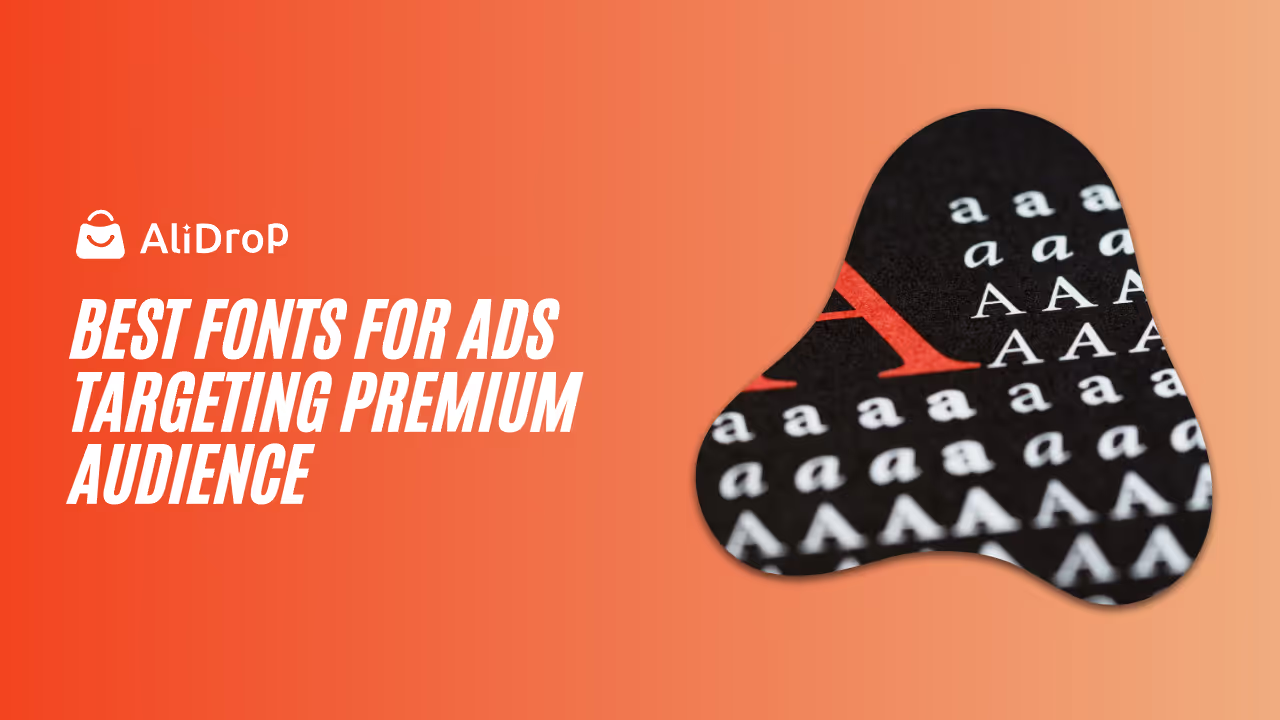Steam has been the go-to platform for digital game distribution for years, offering a massive library and reliable features for PC gamers. However, it’s not the only option available anymore. With more storefronts and platforms entering the space, you now have plenty of alternatives, each offering unique benefits, pricing models, and community support. Whether you’re looking for DRM-free downloads, indie game access, or better deals, there are other platforms that might suit your gaming style better. In this blog, you’ll learn about the top Steam alternatives in 2025—what they offer, how they compare, and why you might want to try them.
What is Steam?

Steam is a digital distribution platform created by Valve Corporation, initially launched in 2003 as a patch delivery tool for their own games. It has since grown into the dominant marketplace for PC gaming. Steam allows users to purchase, download, install, and update a wide variety of games directly from the cloud. It also includes community features such as user reviews, game forums, achievements, and trading cards.
You can use Steam on Windows, macOS, and Linux. It provides tools for developers to publish their games independently and supports a wide range of genres—from AAA titles to small indie projects. The platform also enables automatic updates, multiplayer integration, and cloud saves. Steam has evolved into more than just a storefront—it's also a launcher, a social network, and a mod hub. Valve’s constant feature updates and seasonal sales have helped build a loyal user base. Despite the competition, Steam still holds a massive share of the digital games market. But its dominance doesn't mean it's perfect, which is why more users are starting to consider Steam alternatives—especially if they're on Mac, want DRM-free games, or are simply looking for better prices or exclusive content elsewhere.
What Games Can You Buy and Play on Steam?
Steam’s game library is vast, spanning nearly every genre and catering to a wide range of players. You’ll find top-tier AAA titles like Elden Ring, Cyberpunk 2077, and Resident Evil 4, as well as cult classics like Half-Life 2 and The Elder Scrolls V: Skyrim. The platform is also known for offering early access to developing games, letting players try out and influence a game before its final release.
Indie games thrive on Steam too. Titles such as Hades, Celeste, Stardew Valley, and Slay the Spire gained huge popularity thanks to Steam’s user base and recommendation algorithms. The store also hosts a large collection of free-to-play games like Team Fortress 2, Warframe, and Dota 2. Mods, DLC, soundtracks, and community-created content are available directly from many store pages.
Beyond traditional video games, you can also purchase software for game development, video editing, and even 3D modeling. Steam supports VR as well, with a growing library of titles for headsets like Valve Index and HTC Vive. Whether you're into multiplayer shooters, story-driven RPGs, or relaxing simulators, Steam’s range means you’re likely to find something that fits your interests.
How Does Steam Work?
Steam works as both a digital storefront and a game launcher. When you create a free account, you can browse the store, add games to your wishlist, and purchase titles using various payment methods. Once you buy a game, it’s added to your personal library, where you can download and install it on any compatible device. All your purchases are linked to your account rather than your hardware.
The client manages downloads, updates, and game launches. It also stores save files—sometimes locally, sometimes in the Steam Cloud, allowing you to switch devices without losing progress. Multiplayer matchmaking, voice chat, and friend lists are built into the client as well. Developers can use Steamworks, Valve’s set of tools and APIs, to integrate achievements, anti-cheat, in-game purchases, and more.
Steam’s algorithm curates game suggestions based on your activity, playtime, and review habits. Seasonal sales are another key feature, offering steep discounts on a wide variety of titles. The Steam Workshop supports mods and community content, giving players tools to customize their games. You’ll need the Steam client installed to access these features, but it can be set to offline mode if you prefer to play without an internet connection.
Downsides of Using Steam
While Steam offers convenience and a large library, it comes with a few drawbacks that have led some users to seek alternatives. One major issue is DRM (Digital Rights Management). Most games on Steam are locked to the platform, meaning you need the client to play—even single-player titles. If Steam servers go down or the client fails, you could lose access to your purchased games temporarily.
Another downside is the limited control developers have over visibility. With thousands of games added annually, it’s easy for smaller titles to get buried, especially without a strong marketing push or community support. Steam’s recommendation system doesn’t always surface high-quality niche titles unless they go viral.
For Mac and Linux users, compatibility can be hit or miss. Some games run perfectly through Proton or native ports, but many remain Windows-only. Steam also takes a 30% cut from developers, which is higher than what some other platforms charge. There are occasional privacy concerns too, especially around tracking user behavior and targeted advertising within the store. Finally, even though refunds are available, the process isn’t always as smooth as it could be—especially for borderline cases or bundle purchases.
Why Look for an Alternative to Steam?
There are several reasons you might want to consider Steam alternatives. One of the most common is the search for DRM-free games. Some platforms give you full ownership, allowing downloads without a launcher or internet connection. Steam’s DRM can feel restrictive, especially if you value long-term access or backup copies.
You might also be looking for better deals. While Steam sales are popular, other platforms often offer lower base prices or deeper discounts, especially through third-party bundles. If you’re a Mac or Linux user, Steam’s compatibility might be lacking for your system. Other platforms may offer a better selection of games optimized for your OS.
Exclusive titles are another factor. Some games are only available on specific stores like Epic Games or Ubisoft Connect. If you're chasing the latest releases, you may need to step outside the Steam ecosystem. Additionally, supporting indie developers more directly is easier on platforms that take a smaller revenue cut or offer pay-what-you-want models.
Lastly, some users want a less bloated interface or better curation. Steam’s massive library can feel overwhelming, and its recommendation algorithm isn’t always accurate. If you’re looking for a more focused experience, trying out a few Steam alternatives could lead to a better fit.
What to Consider in a Steam Alternative?
When comparing Steam alternatives, you should weigh what matters most to your gaming experience. Look at DRM policies first—some platforms let you download and own games without needing a launcher. Game library variety and support for Mac or Linux are also key if you’re not on Windows.
You’ll want to consider platform features like cloud saves, mods, refund policies, and multiplayer support. Community engagement can also be a factor—whether it's developer interaction or user-generated content. Pricing, bundle deals, and frequent discounts can make a big difference if you're on a budget.
Lastly, check whether the platform supports controller input, third-party keys, and offline play. These small details can shape how convenient or flexible your gaming sessions feel.
The Future of Steam
Steam’s future looks steady, but not without pressure from competing platforms. Valve continues to refine the client with new features like improved library organization, a reworked download manager, and better support for the Steam Deck. The company’s push into portable gaming could open new hardware paths, expanding the role of Steam beyond desktops.
However, the digital distribution space is more crowded than ever. Platforms like Epic Games Store and Game Pass are grabbing attention with exclusives and subscription models. Steam hasn’t yet matched these models directly, and that might leave room for competitors to grow. Steam's 30% revenue cut has also sparked ongoing debates among developers, pushing some to prefer stores with friendlier profit-sharing.
Support for Proton and SteamOS is making gaming on Linux more viable, which could further attract users who don’t want to rely on Windows. But the platform's reliance on DRM and its sprawling library still frustrate users looking for more curated or open-ended gaming environments.
Steam likely won’t disappear, but its dominance is no longer absolute. As more players look for different features, lower prices, or platform independence, Steam alternatives will continue to attract attention in 2025 and beyond.
Best Steam Alternatives in 2025
Here is a list of the best Steam alternatives in 2025:
1. Epic Games Store

Epic Games Store has become a major rival to Steam, largely due to its aggressive strategy of offering exclusive titles and free games weekly. It features a sleek interface and a curated library focused on high-quality titles, including hits like Fortnite, Alan Wake 2, and Rocket League. You’ll also find several indie gems promoted through their storefront.
The platform gives developers a better revenue share, taking only 12% compared to Steam’s 30%. Epic also frequently offers coupons during sales, making it cheaper for users. Although still missing features like a built-in mod hub or forums, Epic continues to expand its functionality each year.
2. Humble Bundle

Humble Bundle began as a charity-focused game bundle site but has grown into a full storefront with thousands of titles. It allows you to purchase games individually or in themed bundles, often at significantly reduced prices. A portion of each purchase supports charities, and you can even adjust how much goes to developers, charity, or Humble itself.
You can also subscribe to Humble Choice, a monthly service that lets you download and keep several curated games. Most games come as Steam keys, though some are DRM-free. Humble is especially good for discovering indie titles and supporting good causes while expanding your library.
3. GOG.com

GOG.com (Good Old Games) is known for offering DRM-free versions of every game it sells. That means once you buy a game, it’s yours to download and keep—no launcher required. GOG specializes in classic titles, like Baldur’s Gate, Fallout, and Diablo, many of which are updated to run on modern systems. However, it also offers newer indie and AAA games.
You can use their optional GOG Galaxy client to manage downloads, cloud saves, and updates across multiple platforms—including imports from Steam and Epic. It’s a solid choice if you care about digital ownership or game preservation.
4. itch.io

itch.io is an open marketplace designed with indie developers in mind. It gives creators full control over pricing, page design, and how their games are distributed. Many projects are experimental, personal, or niche—perfect if you enjoy games outside the mainstream. You can find everything from narrative-driven experiences to weird physics sandboxes and free-to-play prototypes.
The platform also supports DRM-free downloads and allows pay-what-you-want pricing for many games. Developers can opt out of revenue sharing altogether. If you're a fan of unique, creator-driven content, itch.io is one of the most welcoming places to browse.
5. Xbox Game Pass

Xbox Game Pass for PC is a subscription-based service offering access to a rotating catalog of over 100 games, including popular titles like Starfield, Forza Horizon 5, and Halo Infinite. For a flat monthly fee, you can download and play games as long as they remain in the library. It’s ideal if you prefer playing a wide range of games without buying each one individually.
The service includes day-one releases from Xbox Game Studios and some third-party developers. You’ll need the Xbox app on Windows, but the experience is generally smooth and well-integrated.
6. Green Man Gaming

Green Man Gaming is a digital storefront that offers game keys at discounted prices, often undercutting the prices found on Steam itself. It doesn’t have its own launcher; instead, it delivers keys for other platforms like Steam, Epic, and Ubisoft Connect. You’ll find deals on both new releases and older titles across various genres.
The platform also runs seasonal promotions and bundle deals, and you can earn store credit through its XP loyalty program. It’s ideal if you want to expand your library without paying full price, especially when you’re already tied to platforms like Steam or Ubisoft.
7. Playnite

Playnite isn’t a storefront but a powerful open-source game launcher. It lets you consolidate your entire game library—including titles from Steam, GOG, Epic, Origin, and even emulators—into one unified interface. If you're tired of switching between multiple launchers, Playnite helps you keep everything organized.
The platform is highly customizable, supporting themes, extensions, and metadata scraping from sources like IGDB. It doesn’t sell games but enhances how you access and manage what you already own. It’s especially useful for users who play across different ecosystems.
8. Lutris

Lutris is an open-source gaming platform designed especially for Linux users. It acts as a universal game manager, allowing you to run games from Steam, GOG, Epic, and emulators—all from one dashboard. It excels in helping you run Windows-only games on Linux using Wine, Proton, or other compatibility tools.
You won’t buy games through Lutris, but you can integrate titles you own across multiple services. It’s a favorite among Linux gamers for its flexibility and community-supported install scripts.
Conclusion
You don’t have to stick with Steam to enjoy great games. Whether you want DRM-free downloads, exclusive releases, better pricing, or support for Mac and Linux, there’s a Steam alternative that fits your needs. From Playnite’s unified launcher to GOG’s focus on ownership, each platform offers something different. Trying multiple services can improve your gaming experience, especially if you care about platform flexibility, indie titles, or subscription-based access. Steam is still strong, but 2025 has made it clear: gaming doesn’t need to revolve around just one store. Explore your options and find what works best for the way you like to play.
Steam Alternatives FAQs
What are the best Steam alternatives for Mac?
If you're gaming on a Mac, GOG.com and itch.io offer strong support for macOS with many DRM-free titles. Xbox Cloud Gaming is another option if you have stable internet, letting you bypass hardware limitations entirely.
Which Steam alternatives offer DRM-free games?
GOG.com and itch.io are the most reliable platforms for DRM-free games. Once you buy them, you can download and play without needing a launcher or internet connection.
Are there Steam alternatives with subscriptions?
Xbox Game Pass (PC) and Ubisoft+ offer hundreds of titles on a rolling basis. If you want variety without buying each game, these are solid alternatives to Steam.
Can I play my Steam games on other platforms?
You can’t move most Steam purchases to other platforms directly. However, Playnite and Lutris let you manage all your games—Steam included—in one place.


















.avif)





